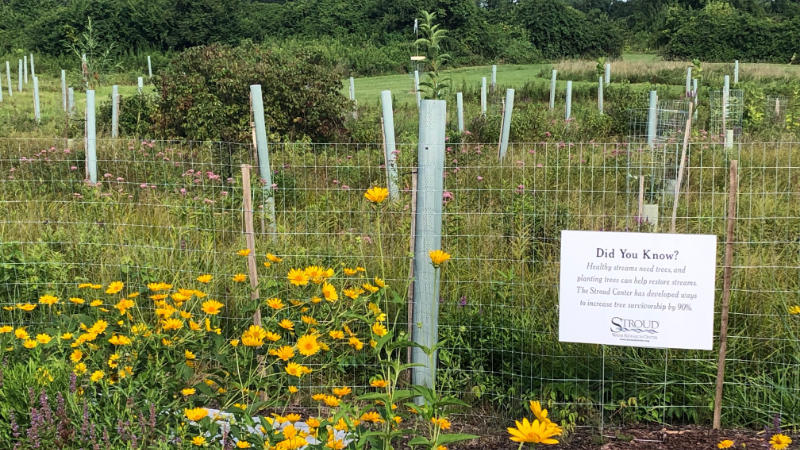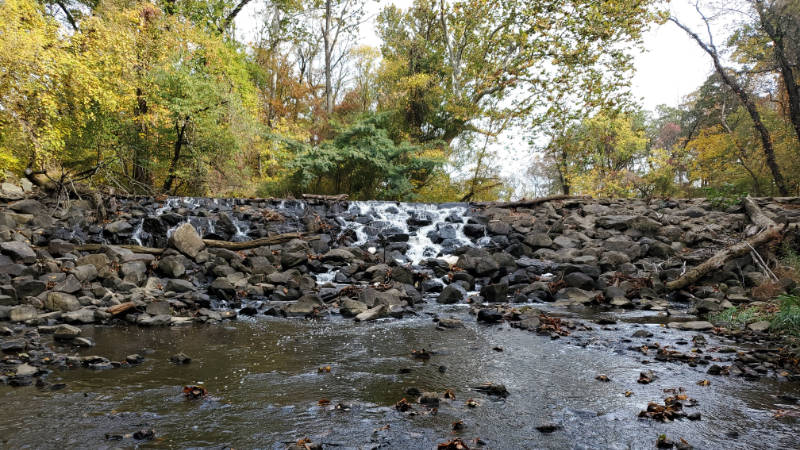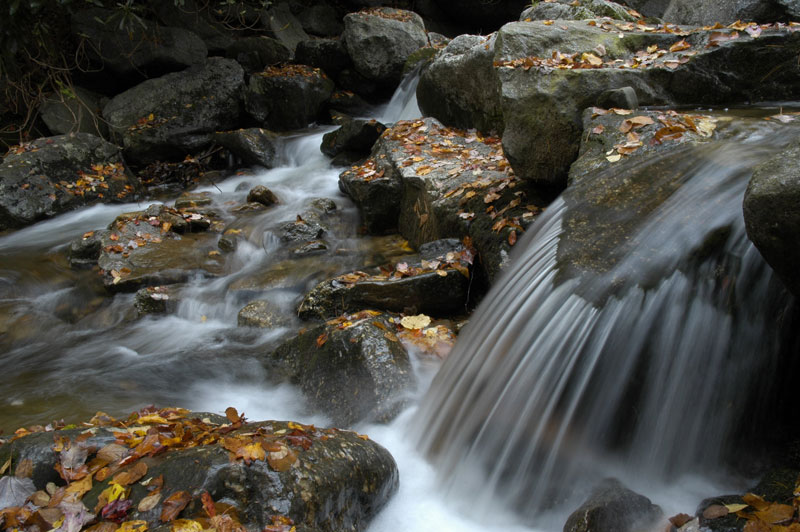Agricultural soil microbiomes differentiate in soil profiles with fertility source, tillage, and cover crops
https://stroudcenter.org/wp-content/uploads/publication-e1554320152730.jpg 350 210 Stroud Water Research Center Stroud Water Research Center https://stroudcenter.org/wp-content/uploads/publication-e1554320152730.jpgBier, R.L., M. Daniels, D. Oviedo-Vargas, M. Peipoch, J.R. Price, E. Omondi, A. Smith, and J. Kan. 2024. Agriculture, Ecosystems & Environment 368: 109002.




